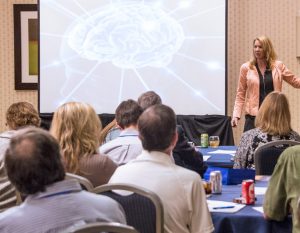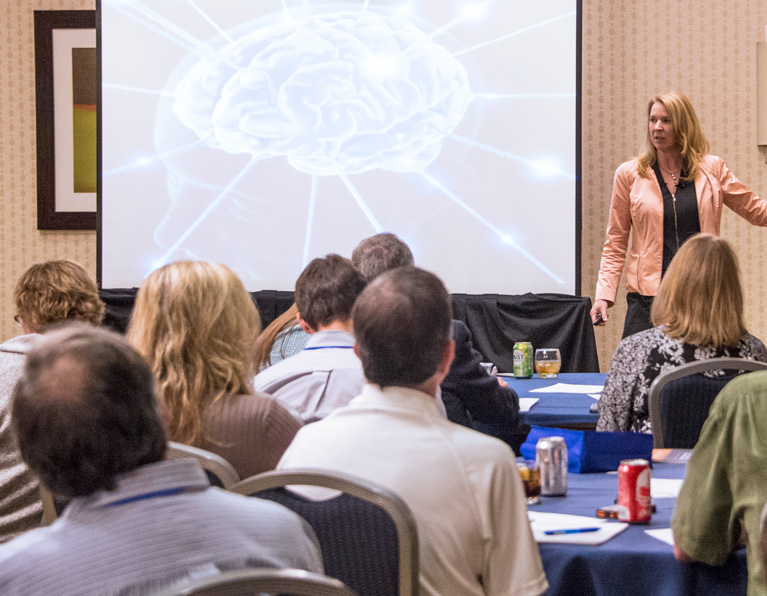 The market seems to be flooded with individuals who claim to be executive coaches these days. Companies interested in hiring an executive coach for their CEO, C-suite leaders or other senior leaders often find the process of selecting an executive business coach overwhelming and often a bit confusing. How do you know what you are getting with so many options available to you? Here are some things to consider when you are in the market trying to find an executive coach for your business-related coaching needs.
The market seems to be flooded with individuals who claim to be executive coaches these days. Companies interested in hiring an executive coach for their CEO, C-suite leaders or other senior leaders often find the process of selecting an executive business coach overwhelming and often a bit confusing. How do you know what you are getting with so many options available to you? Here are some things to consider when you are in the market trying to find an executive coach for your business-related coaching needs.
A “certified” coach is a coach who has gone through the rigor of being trained in the skills and techniques of coaching. Like any training program for learning a new skill-set, not all certification programs are equal. The quality programs are focused on the coach learning about him or herself as an individual, in concert with learning the techniques of how to be a great coach. The value of having a coach who has learned about him or herself, is that the coach is better prepared to manage him or herself while working with a client (meaning, the coach understands and becomes capable of managing his or her inner dialogue, biases, personal story, agenda, etc.) in order to focus on the client. Let’s face it, clients are not paying a coach to hear about the coach’s journey or work off the coach’s agenda. Clients are paying a coach to help them figure out their own journey and remain focused on the client’s agenda for future success. Certified coaches are trained to manage or “park” their own story, agenda, etc. and focus on the future possibilities of the client. Period!
Quality coach training programs include:
1.) required reading of a wide-variety of books on coaching, human behavior, change dynamics, etc.;
2.) plenty of time in a classroom setting learning about topics such as the mechanics of a powerful coaching session, presence, boundaries, courageous conversations, systems thinking, etc.;
3.) a significant amount of time practicing coaching techniques with plenty of feedback from peers and seasoned certified coaches; and
4.) coaching from certified coaches throughout the program, so he or she can experience what quality coaching feels like as a client, and to work on challenges and learning edges. These programs require a minimum of 125 hours of student/instructor contact.
Successful completion of a rigorous coach training program typically includes approximately 50 hours of coaching practice, multiple classroom sessions over a period of time, recorded coaching sessions audited by a seasoned, certified coach, a written exam, a portfolio of the individual’s learning and an oral exam (a live coaching session conducted in front of a seasoned certified coach).
The International Coach Federation lists a wide-variety of accredited coach training programs (ACTP) worthy of consideration. Please check their website for more information.
A “credentialed” coach is a coach who has successfully obtained his or her coach certification (a baseline requirement) AND has taken the extra step to get credentialed through the International Coach Federation. Credentials are typically listed on a coach’s business card, website or LinkedIn as ACC, PCC or MCC. These credentials can easily be verified by checking the International Coach Federation’s website and looking for the coach’s profile in the “credentialed coach finder” section. After a credential is earned, the International Coach Federation lists the credential level alongside the coach’s profile. Coaches cannot do this on their own. These designations indicate the level of coaching hours a coach has obtained since he or she earned his or her certification training.
To obtain a credential through the International Coach Federation, a certified coach must upload his or her certification from an ACTP, upload his or her coaching log with the required amount of coaching hours, take an exam (approximately 3-hours) and meet other requirements, based on the level of credential. The levels include: an ACC, is an Associate Certified Coach, a PCC, is a Professional Certified Coach, and a MCC, is a Master Certified Coach.
Credentialed coaches are also accountable to a code of ethics and standards, which are set forth by the International Coach Federation. To learn more, please visit their website.
Given all the above, smart clients will check to ensure their Executive Coach is Certified and Credentialed, and they will explore the business-related background of the coach as well. A newly certified coach with limited business-related or limited leadership experience may struggle in understanding the types of questions he or she should ask in order to work effectively with the client.
An Executive Coach with a lot of business-related experience and no certification or credentialing may actually be a consultant or mentor positioning him or herself in the market as an Executive Coach. It’s prudent to do a bit of research on an Executive Coach prior to engaging him or her to ensure you are truly hiring a trained Executive Coach. Be sure to ask questions about his or her coach training, whether or not he or she has a certification from an ACTP, whether or not they have gone through the process of becoming credentialed and his or her business-related experience. Don’t be afraid to ask for proof of a coach’s training. In fact, coaches who go through the rigor of coach certification and credentialing would likely be proud to share their document with a client. Be sure to check the International Coach Federation’s website to verify the coach’s credential is active, and then engage in further dialogue to explore what is possible.




